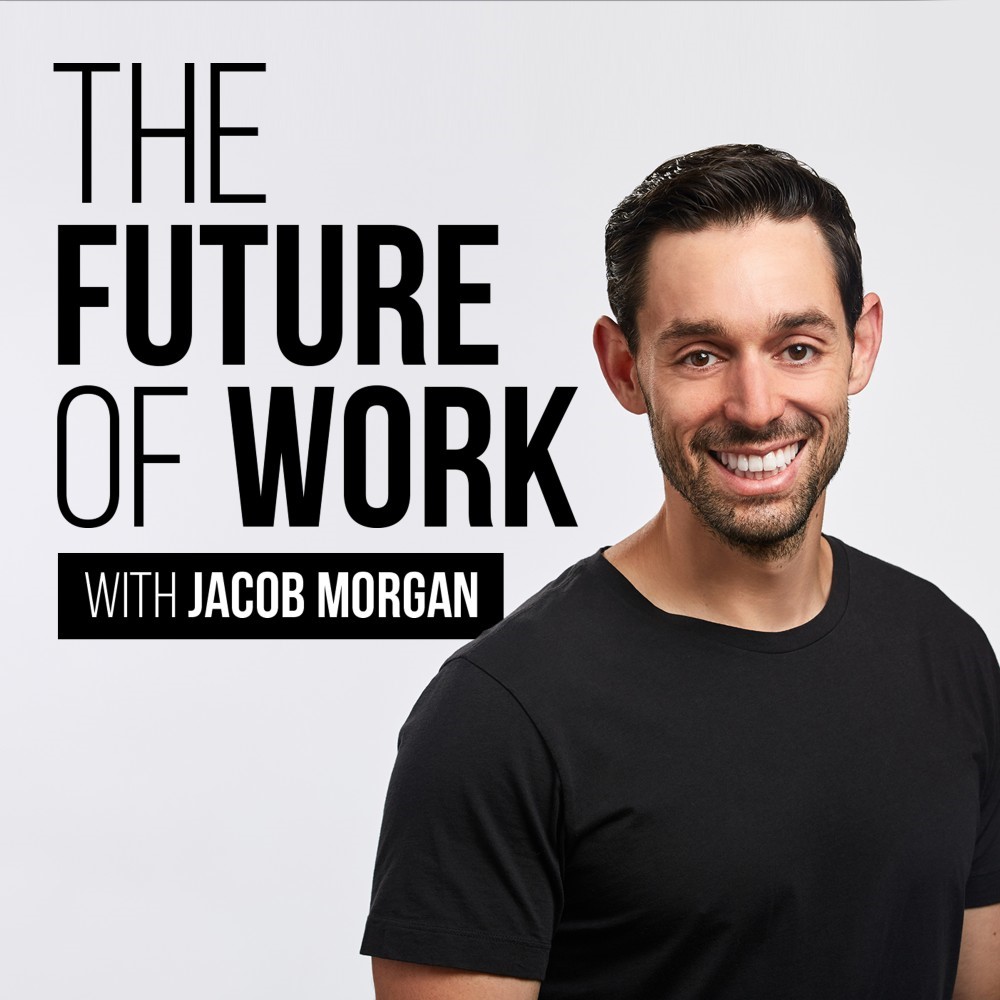Leading a growing company means always looking toward the future. How is the world changing? What’s coming down the pipeline? What strategy should you follow?
For some people, looking at the future is an art. For others, it’s a science.
Warby Parker co-founder and co-CEO Dave Gilboa says it’s a combination of the two. Over the last decade, Warby Parker has expanded from selling glasses direct to consumers to offering eye exams and other services online and in physical stores. As he considers future moves and growth opportunities, Dave guides his company to be data-informed but not necessarily data-driven.
Warby Parker has an incredible collection of data from customers and the industry. That data all contributes to informing future-focused decisions but isn’t the only factor.
But Dave says ultimately, Warby Parker is trying to do things no one has done before. Warby Parker customers have told the brand they don’t want to buy the same thing they can get anywhere else—they want a unique experience, products with a unique point of view, and glasses and eyewear accessories they can’t get anywhere else.
Creating the brand customers demand requires Dave and his company to take risks and innovate. But innovation doesn’t come strictly from data. Dave trusts his intuition to make forward-focused decisions to set the company apart from the competition and set the foundation for future success.
Those decisions aren’t made by intuition alone, nor are they made by data. Successful leaders find the balance between the science of data and the art of intuition. But Dave says the real value Warby Parker or any business creates comes primarily from gut intuition instead of formulas on a spreadsheet.
When looking at the future, Dave realizes there are plenty of things he can’t control—the pandemic is proof of that. After years of solid growth, 2020 set Warby Parker on a path of uncertainty, as it did for many companies. In that situation and other unknowns of the future, Dave’s team focuses on what they can control: serving and delighting customers, responding to external signals, and being as agile and flexible as possible.
Adjusting to the pandemic helped Warby Parker realize the importance of flexibility and the metrics that are the most important indicators. Instead of prioritizing long-term strategy, Dave now leads shorter-term planning for more flexibility and knows the metrics that matter in the industry. Things like the number of people getting eye exams and traffic into retail stores are broad signals about the state of the industry that help the company focus on the future and plan what is in its control while considering the data and human intuition.
Looking at the future is vital for modern leaders. But the future brings uncertainty and many factors outside our control. Trusting your gut and balancing intuition with data allows companies to stay agile and focus on the things they can control to stay flexible and strategic, no matter what the future brings.
Listen to the episode on Apple Podcasts, Spotify, Google Podcasts, or your favorite podcast platform.

. . .
 |
In case you missed it, I launched a subscription version of my podcast. Get ad-free listening, early access to new episodes and bonus episodes with the subscription version of the show The Future of Work Plus. To start it will only be available on Apple Podcasts and it will cost $4.99/month or $49.99/year, which is the equivalent to the cost of a cup of coffee. |
Fast-track your path to leadership success with The Future of Work Plus. I can’t wait for you to hear all the content we have in store!







Comments